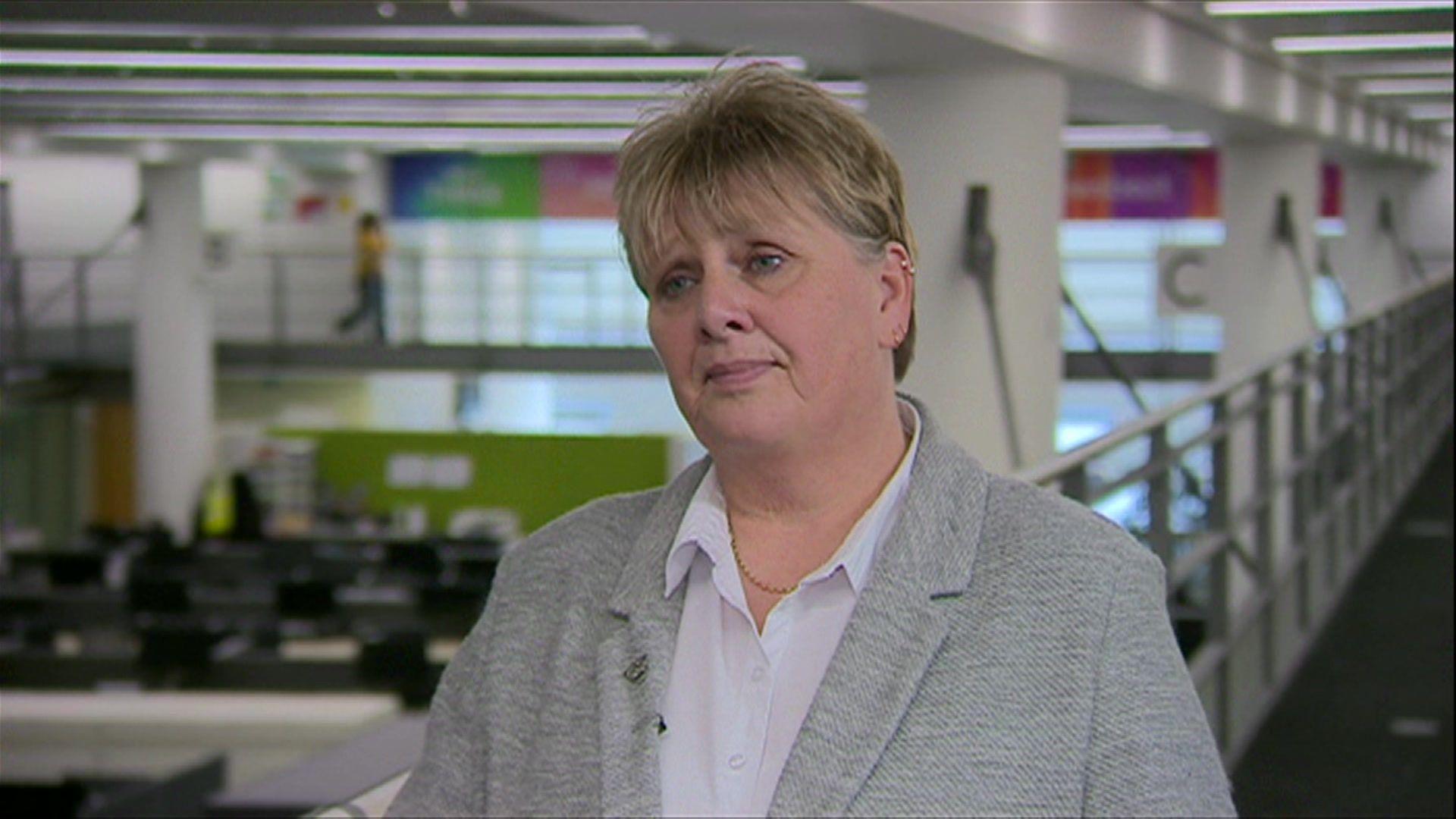Council looks to declare 'financial emergency'
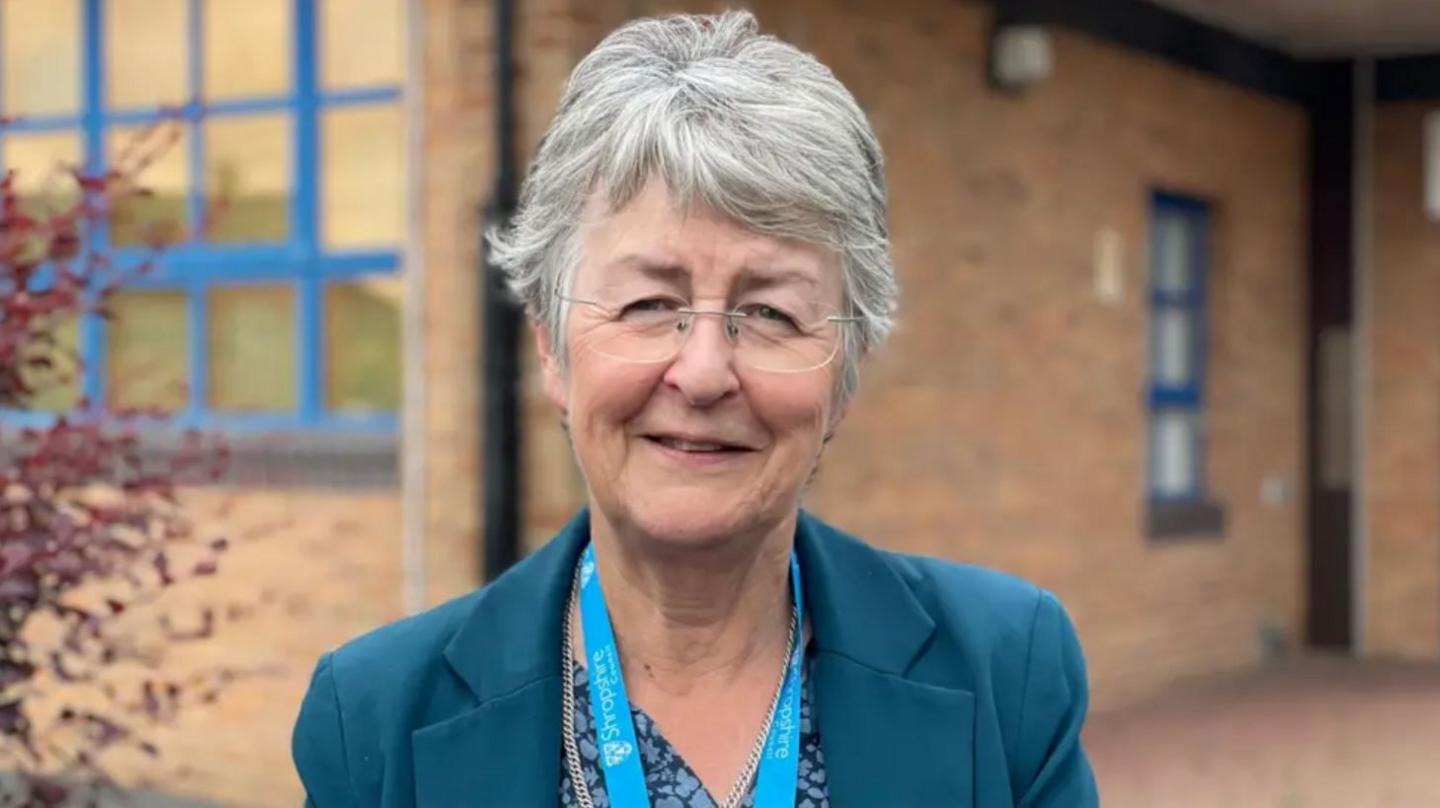
Heather Kidd said effective bankruptcy was not an option she wanted to accept
- Published
Shropshire Council is expected to declare a "financial emergency" next week at a cabinet meeting as it struggles to balance the books.
The Liberal Democrat authority's chief executive will be asked to chair a recovery board to try and find urgent savings, if the council is to avoid effectively declaring itself bankrupt.
Its latest finance report is predicting an overspend this financial year of £35.169m by the end of the 2025-26 financial year, £889,000 of which cannot be funded through reserves or other means.
The report blamed a rise in the demand for social care, which it has a legal duty to provide.
Council leaders will be asked to approve recommendations next Wednesday, which will put tighter controls over spending and identify additional savings.
The report, external, prepared for the council's cabinet, recommends "significant action must be taken to ensure the financial survival of the council in the current year and to provide "headroom against further unanticipated variances".
It asks the cabinet to "declare a financial emergency" and instruct council officers "to reduce all non-essential spending between September and March".
It said a reduction in planned spending to the end of the year of 10% would "put the authority back on a legal footing before the end of the financial year".
The report suggested scaling down or delaying initiatives or extending their timescales.
Shropshire Council's 'financial emergency'
Councils technically cannot go bankrupt like a company or individual, but the authority's chief financial officer can issue a section 114 notice, which stops all but essential spending.
The council is hoping to avoid that by taking urgent steps to take control of its expenditure.
Heather Kidd, the leader of the authority, said: "As a council, we must all move quickly to challenge every pound and stop all non-essential spend.
"If we do this, I'm confident that we can balance our budget by the end of this financial year."
In April, the local authority revealed that 74% of its entire budget was spent on social care, driven by a rise in the number of children in care and a much older population than England as a whole.
The councillor responsible for finance, Roger Evans, said: "It will involve making a number of hard choices, some that will not be popular, but we are determined to do everything we can to meet this challenge."
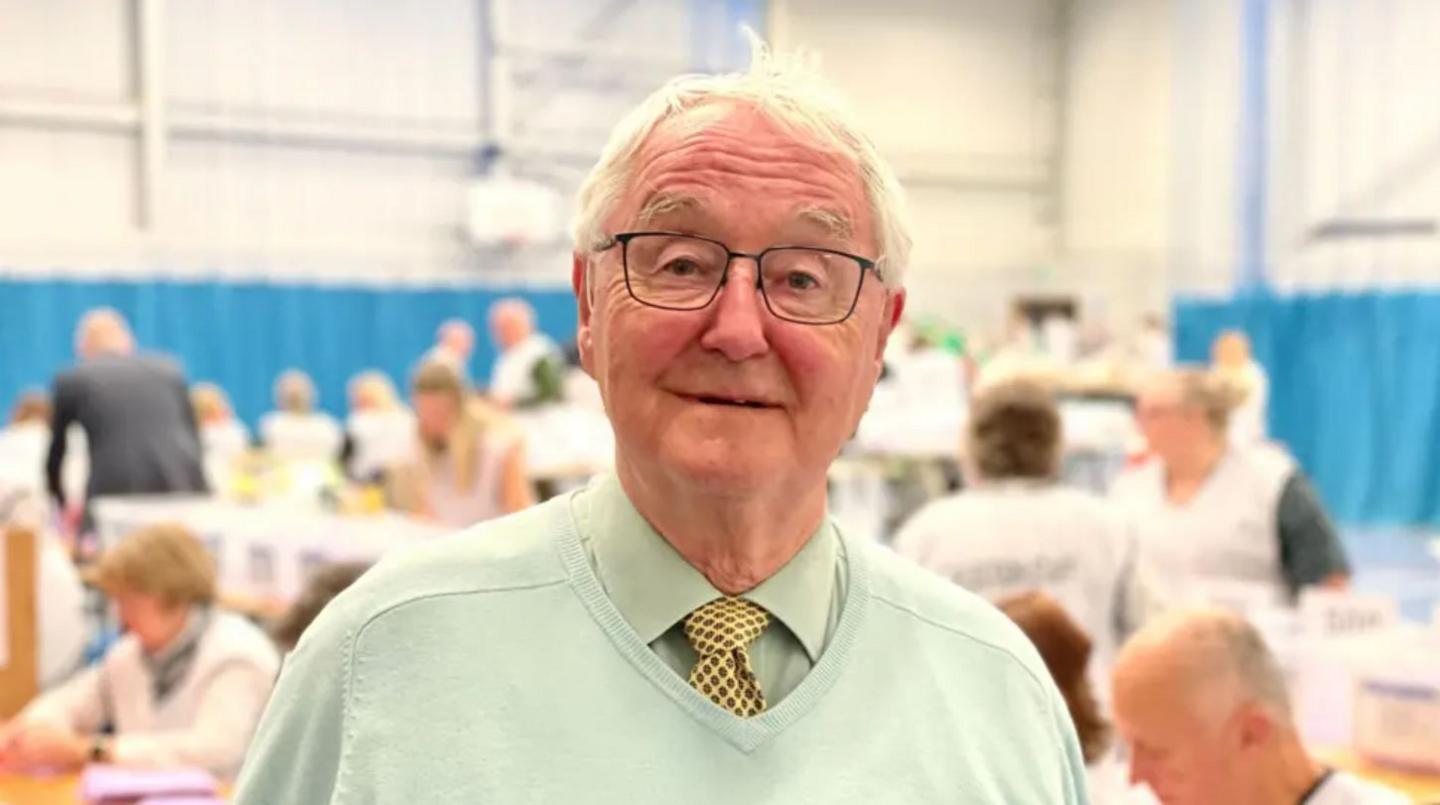
Roger Evans said Shropshire Council had until the end of the financial year to find the necessary savings
The Liberal Democrats took control of the council when the Conservatives were defeated in the May elections.
Mr Evans also said there must be "no ambiguity" that the council was in the position because the last Conservative administration failed to deliver cuts which they "proposed 18 months ago, assured and persuaded others could and would be made".
He added: "In fact up until recently there were in fact no published plans on how to make the majority of them."
'Basic housekeeping'
Gwilym Butler, who was the councillor responsible for finance for the Conservatives before the May elections, said: "We know if you're running your household bills, if you haven't got enough money coming in to pay what's going out, you've got to cut what's going out. It's basic housekeeping."
He said his party had been criticised for making cuts, but was not "scared of making very, very hard decisions".
Mr Butler said the government's decision this December on how much to award local councils would be key.
He said there was an expectation of more money for rural counties, but added: "Personally, I don't think there will be, because it's based on deprivation and it's whether they recognise rural deprivation against city deprivation."
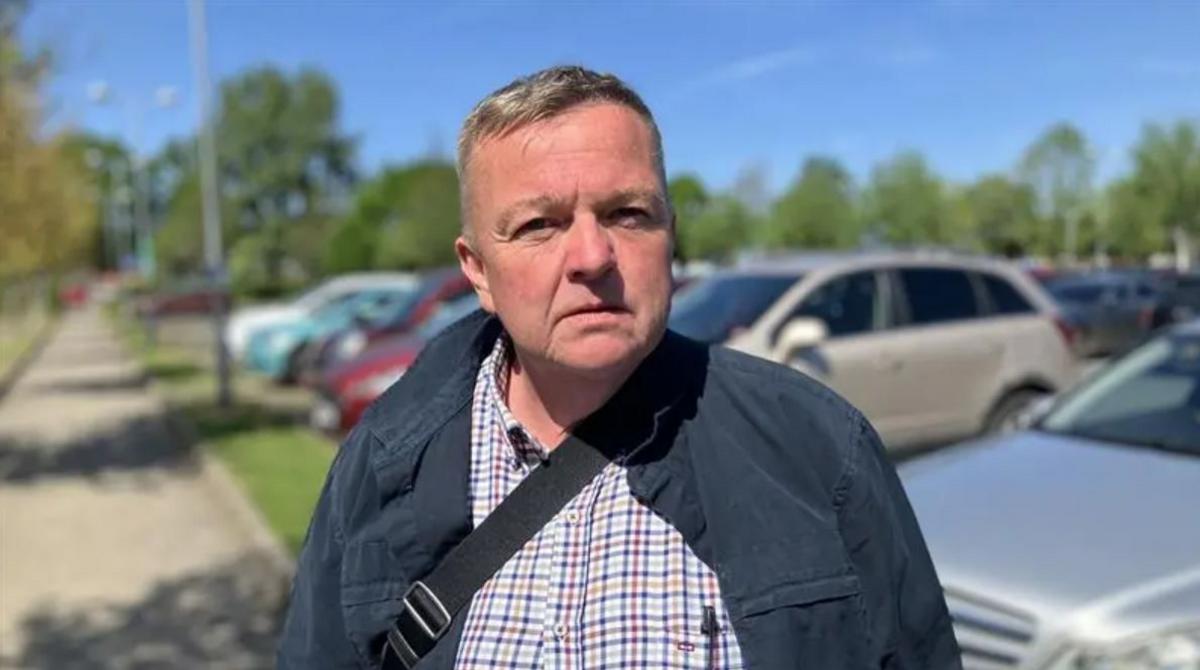
Gwilym Butler said the Conservatives had not been scared to make tough decisions
Dawn Husemann, the leader of the Reform UK group, the second largest party on the council, said: "We have got time to be able to do something about it."
She noted the £889,000 was "less than a quarter of 1% of our remaining budget" and that depending on the choices made, "we should be able to pull this back".
The problem the council faced was rising costs and "years of chronic underfunding by central government," she said, adding that finding the necessary cuts would be difficult.
She said: "We have already stripped out all the slack in the system, so it's getting harder and harder to do."
Asked what steps she would take, she said she had "absolutely no idea," as she did not have access to the same data used by the ruling Lib Dems, adding that the council had some "very, very hard working officers who are doing their absolute best" to save the council from effective bankruptcy.
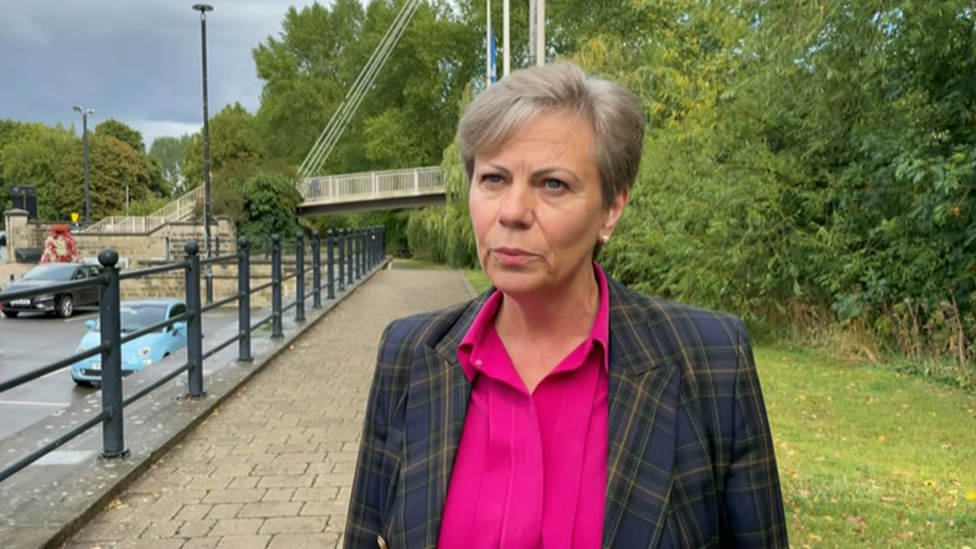
Dawn Husemann, from Reform UK, said there was still time to make savings
Tim Oliver, the chair of the County Councils Network and Conservative leader of Surrey County Council, said the government needed to recognise the rising costs for councils.
"We are going to see a number of councils in the first instance going to the government for exceptional financial support, but ultimately if they can't get that then we will see them effectively declaring bankruptcy," he said.
"There's no point in just blaming the last government, at the end of the day it is for the government of the day to look at what local government needs."
Get in touch
Tell us which stories we should cover in Shropshire
Follow BBC Shropshire on BBC Sounds, Facebook, external, X, external and Instagram, external.
Related topics
- Published5 July
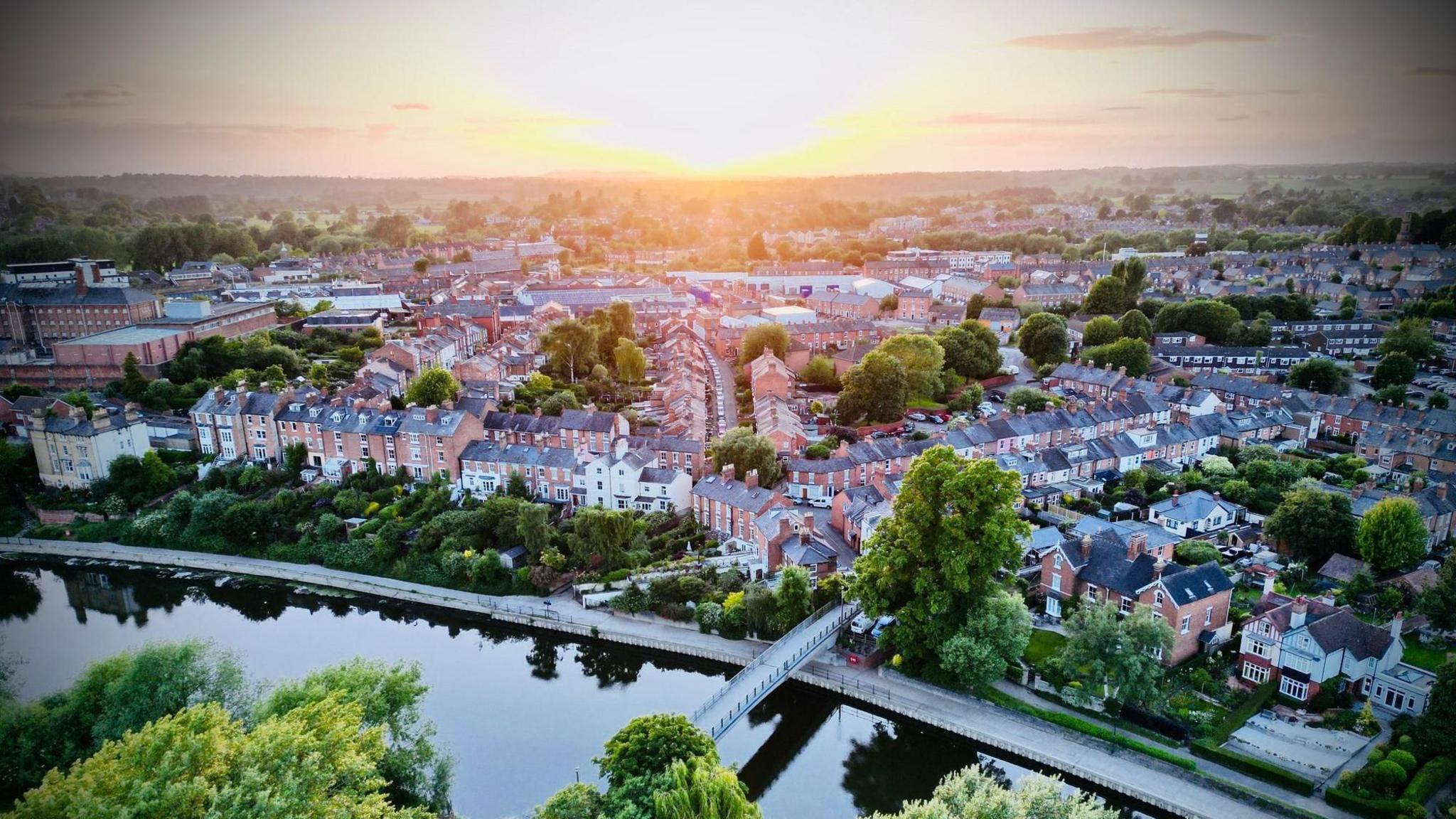
- Published12 June
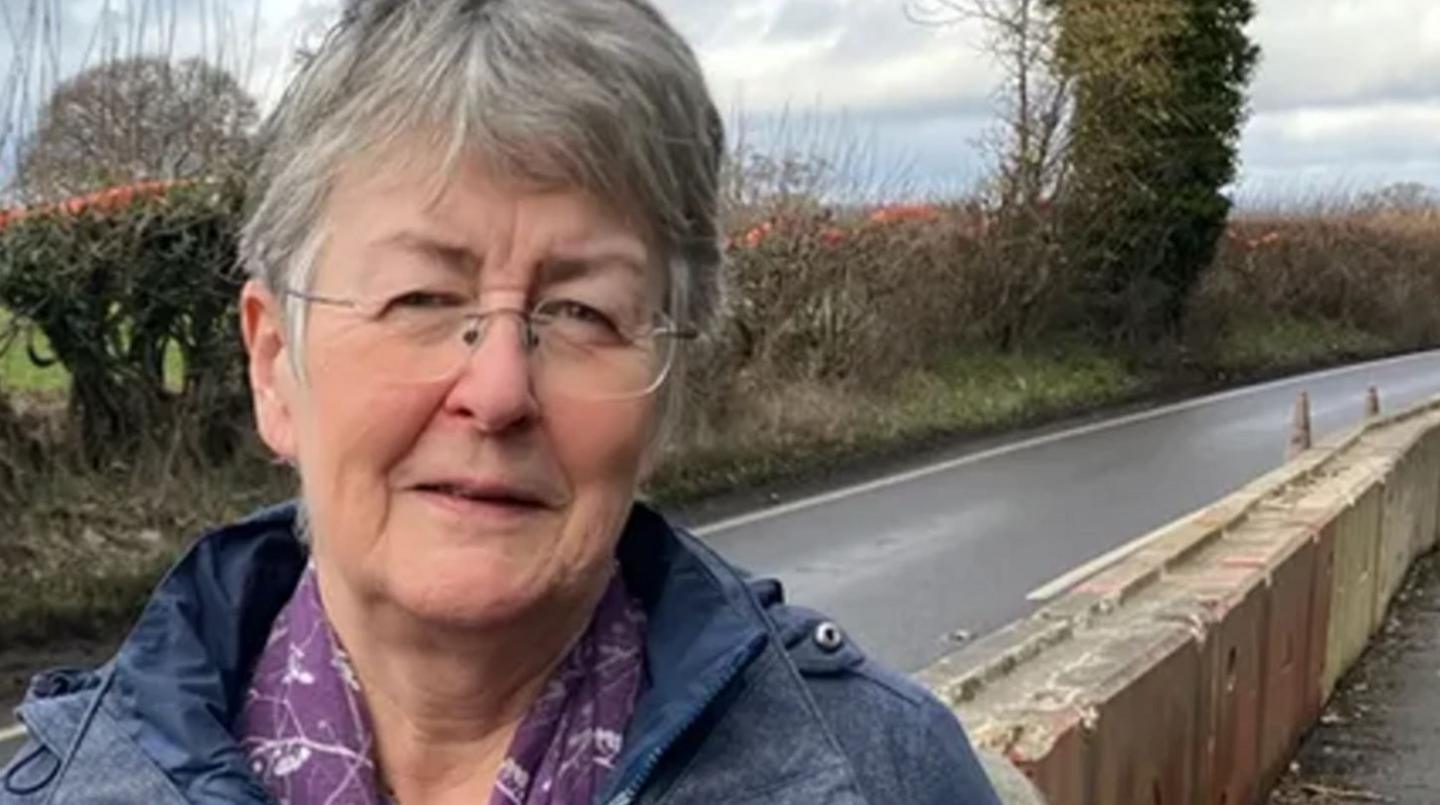
- Published22 May
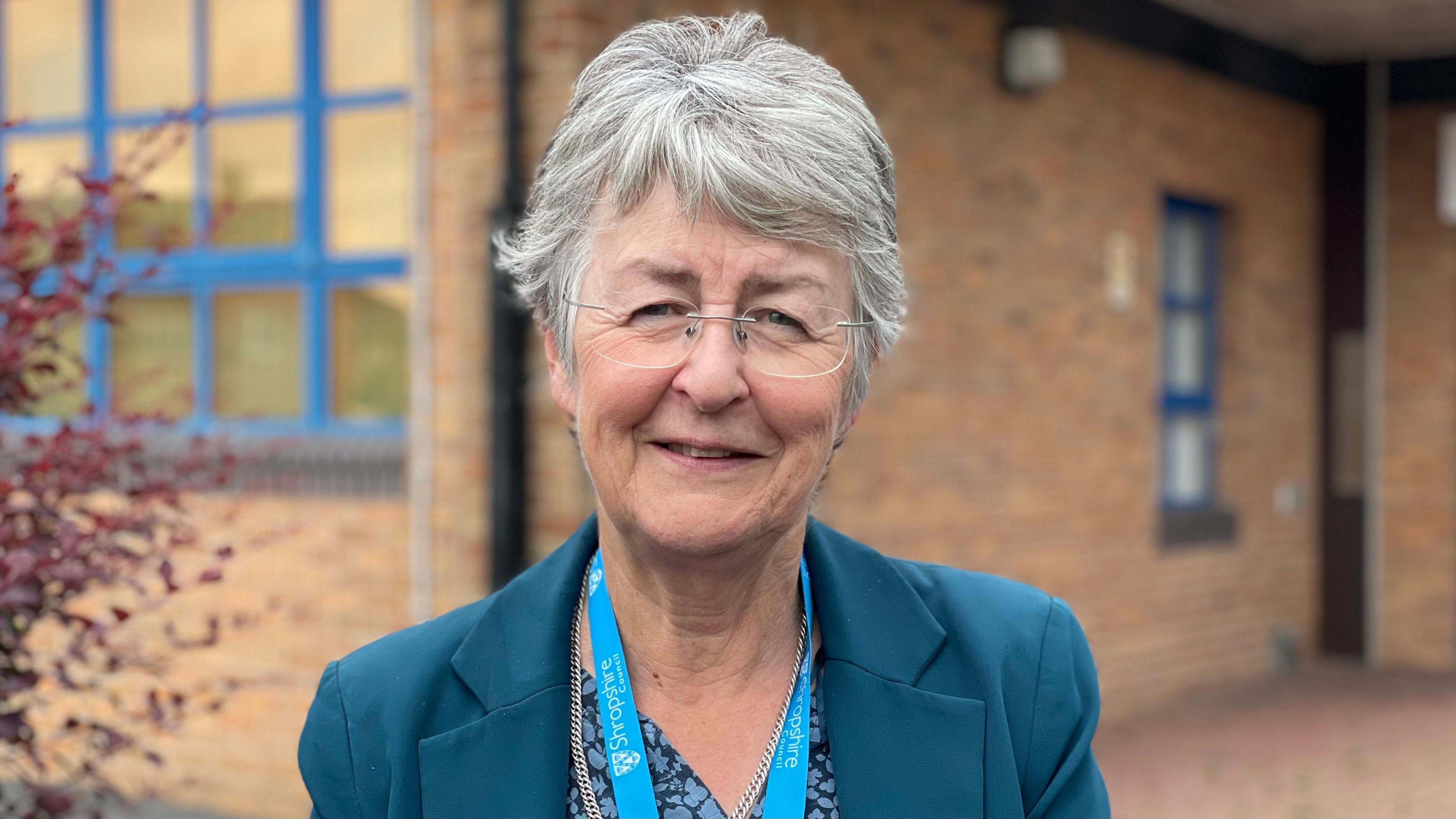
- Published19 February
